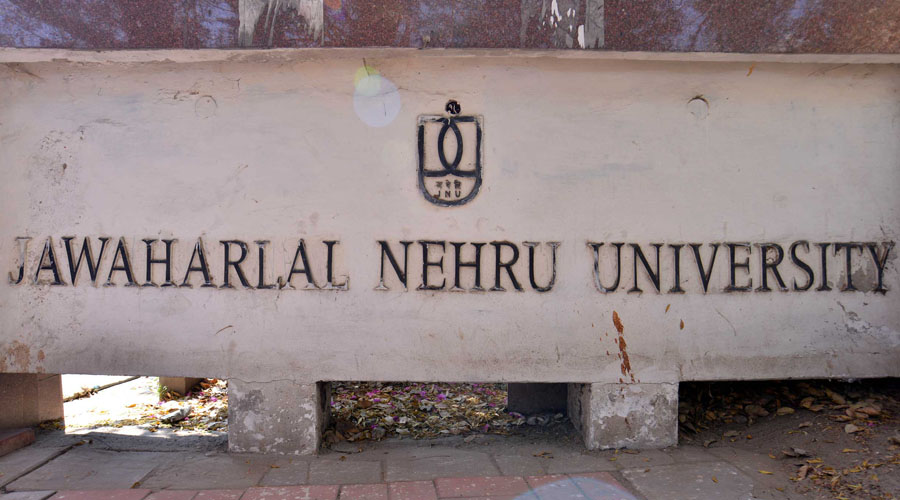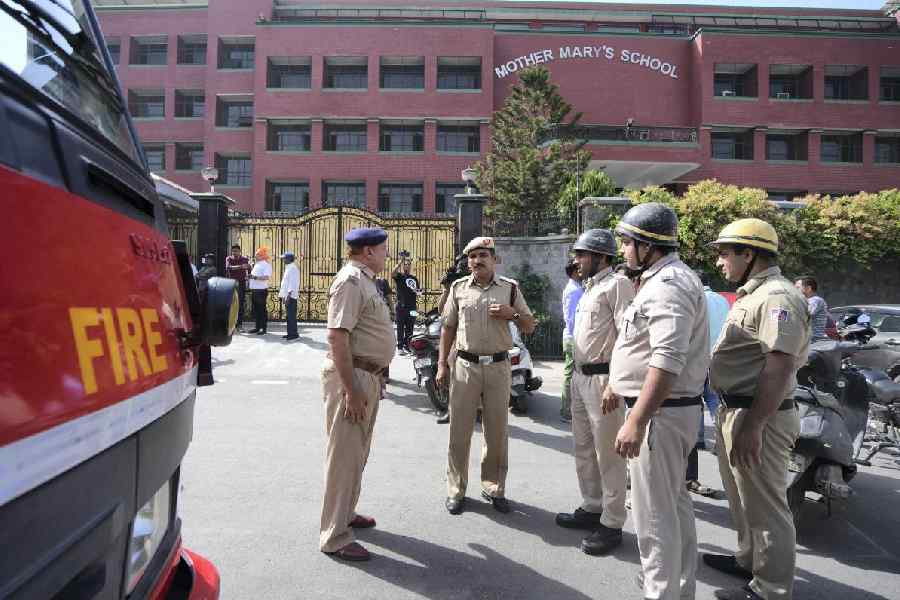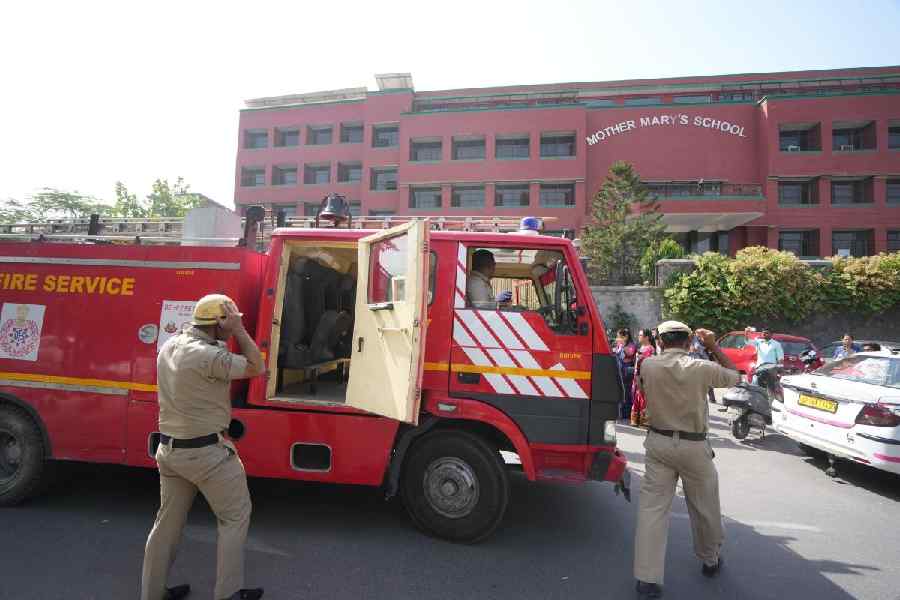Jawaharlal Nehru University’s highest decision-making body — the executive council — on Thursday approved a course that links Islamist and communist terror and describes “jihadi terrorism” as the only form of “fundamentalist-religious inspired terrorism”.
The move came a day after vice-chancellor M. Jagadesh Kumar defended the course, prompting a senior retired diplomat and a renowned academic to speak out.
Two executive council members said only one teacher could express her dissent. “When she demanded that the course be sent back for review, a professor of international studies accused a section of teachers of defaming the varsity by speaking to the media against curriculum framed by colleagues,” an executive council member told The Telegraph.
On August 17, the JNU’s academic council had approved the course.
The optional course — Counter-terrorism, asymmetric conflicts and strategies for cooperation among major powers — will be offered to Master of Science dual-degree students specialising in international relations at the School of Engineering.
The minutes of Thursday’s executive council meeting are yet to be circulated among the members. A statement from the JNU administration on Thursday made no mention of the course and its spokesperson is yet to respond to queries on the issue.
On Wednesday, vice-chancellor Kumar had in a statement said: “How India has witnessed the rise of religious fundamentalism and radicalisation through perverse ideologies in its neighbourhood is an area where a lot of knowledge is needed to deal with the emerging situations….”
India’s former ambassador to Holland Venu Rajamony, currently professor of diplomatic practice at O.P. Jindal Global University in neighbouring Sonipat, expressed disappointment.
He told this newspaper: “I am surprised and sad that such a course was passed without discussion. Terrorism is a complex subject that is best addressed in an objective and non-partisan manner without separating out one kind of terrorism while neglecting other kinds of terrorism to do justice in any good university.
“JNU as an outstanding university must address this academic topic with certain academic rigour and discipline and it should not have a casual approach to such a complex, difficult and sensitive issue.”
Rajamony did his masters in international relations at JNU from 1981 to 1983.
Widely published author and former professor of international relations at Delhi University Achin Vanaik said: “The course focuses on terrorism as something done by non-state groups whereas all states, including democratic states, carry out terrorism domestically and/or externally. The course links terrorism to one religion, and is being portrayed as an ideology. That is not correct….”
“There is no real mention of domestic terrorism. There is religiously motivated terrorism carried out against minority groups in India. The discourse around terrorism is hypocritical. The only way to respond to terrorism is to be impartial and universal in condemning it.”










